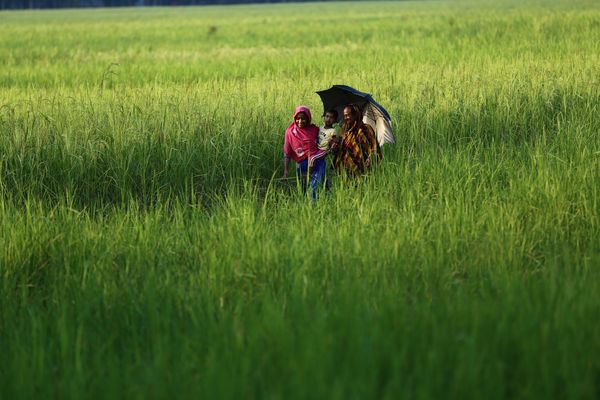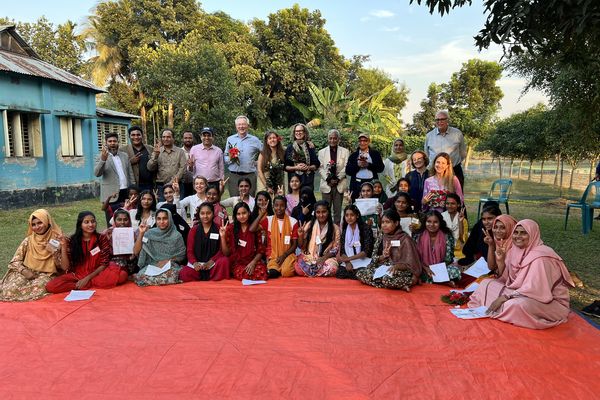
Standing where BRAC stands: my first journey as a BRAC USA Director
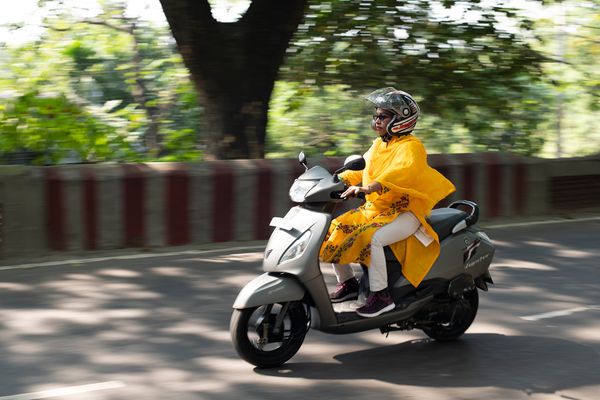
I saved my unborn daughter’s life, and also mine, by running away from a marriage

A hill village in remote Bangladesh dreamt of piped water. Then they built it themselves.

Three generations of hope: Notes from a mother, daughter, and grandchild in Liberia

BRAC responds to fire emergency in Rohingya refugee camps
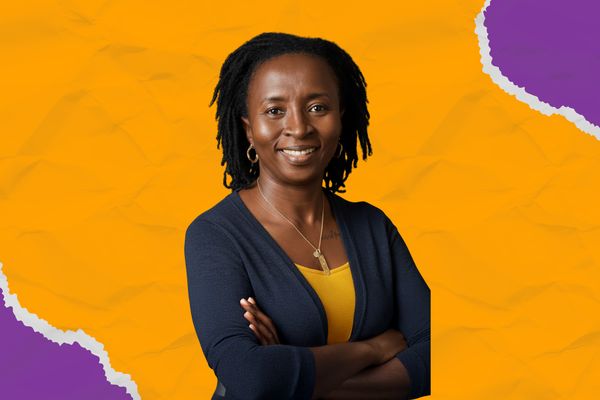
Interview with Anne Mutta: “At the end of the day, it is about voice, agency, and choice”

AP | Workers from Bangladesh sought jobs in Russia but instead got sent to combat in Ukraine
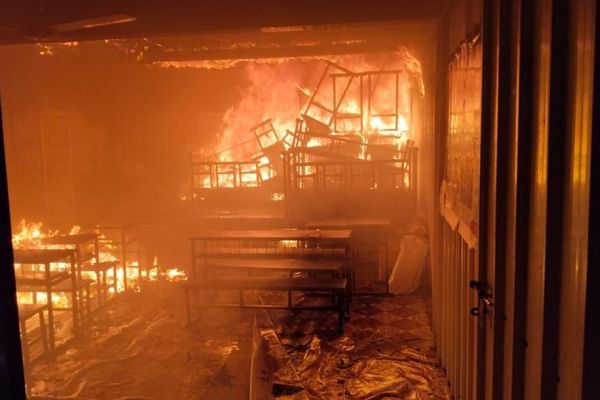
Cox’s Bazar Fire | BRAC responds to support displaced Rohingya families
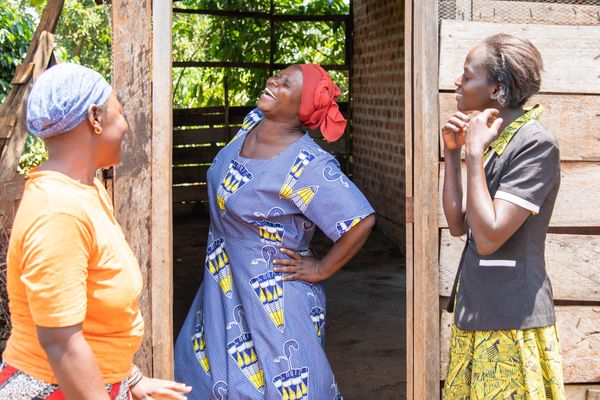
Building a business 101: lessons from three Ugandan businesswomen
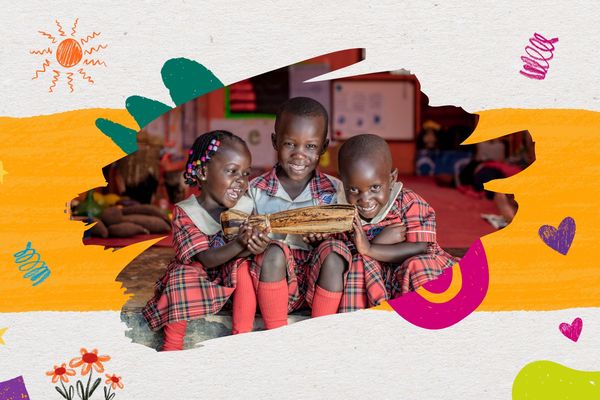
BRAC and the LEGO Foundation partner to bring learning and play to 400,000 children
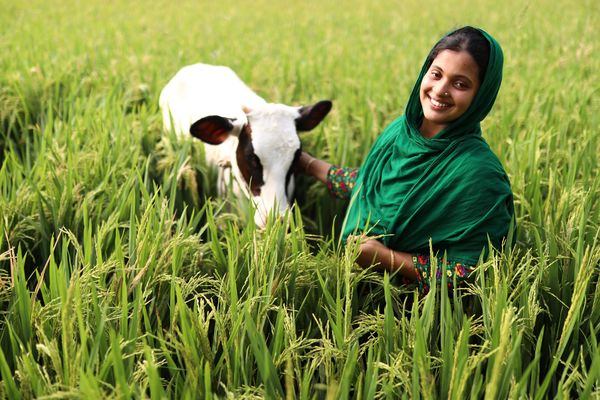
Multiply Her Power: Julia Roberts shares last call to donate

